Still no EULEX agreement with Priština
Diplomats from the leading western countries and Kosovo Albanian leaders have failed to reach an agreement over UNMIK reconfiguration and EULEX deployment.
Saturday, 15.11.2008.
10:14

Diplomats from the leading western countries and Kosovo Albanian leaders have failed to reach an agreement over UNMIK reconfiguration and EULEX deployment. This comes after a week of negotiations, reports say. Still no EULEX agreement with Pristina Continued talks, if and when they take place, will come burdened with yesterday’s incident when unknown perpetrators threw an explosive device at the ICO building in Pristina. Two weeks ahead of the announced start of work of EULEX in the entire territory of Kosovo, it seems unlikely that the international community and representatives of the Kosovo institutions will arrive at an agreement over the six-points of reconfiguration – one of the conditions the UN and Belgrade agreed on in order to have the EU mission deployed. During the last round of talks, Kosovo Albanian leaders, President and Premier Fatmir Sejdiu and Hashim Thaci asked for the six-point document to be completely dropped from the talks’ agenda. “I wish to strongly emphasize that Kosovo’s institutions have a unified position, because it’s a just position. Also, I’d like to stress that the opposition and the civil society support this right and unified stand,” Thaci said. “There is not and there will not be a conflict with the international community, but there will be ideas, proposals and suggestions for the future coming from Pristina. Rejecting the six-point plan does not mean Kosovo’s partition. The plan, such as it had been proposed, carries with it a danger for the territorial integrity of our country,” he was reported as saying. Albanian analysts in Pristina believe that announcements from Brussels – that it will go ahead with making its mission operational in early December regardless of the outcome of the negotiations – will not change the situation in the field. At the same time, Kosovo’s Albanians do not see pressures coming from the West as well-meaning, and have mobilized to support Thaci and Sejdiu. Pristina sees the EULEX crisis as just one episode, while the main process, that of proclamation of Kosovo’s independence, is viewed as finalized. Now, local analysts say, “it is awaited for Serbia to accept the reality in Kosovo”. Meanwhile in Brussels, high EU officials say that they are continuing to talk to both Pristina and Belgrade, as well as the UN, “in order to remove the misgivings and fears so that EULEX can be operational in Kosovo in December”. EU foreign policy chief Javier Solana’s spokeswoman Christina Gallach told Beta news agency today that this is done in order to apply the conclusions that EU foreign ministers adopted earlier on making EULEX capable of implementing its mandate in early December. Gallach also said that “for now” Solana has not prepared “any written or any other message” for the Kosovo leadership, that would specify the date when EULEX intends to become operational. Daily: EULEX starts “regardless” The EU mission in Kosovo, EULEX, will start work regardless of the results of the negotiations with the UN, a Novi Sad newspaper writes. Daily Dnevnik quotes its “Brussels sources”, who said that “in case agreement has not reached in New York, EULEX will start work on December 2 in the Albanian part of Kosovo, while in the Serb enclaves and in the north, UNMIK will continue with its job until further notice”. The article published on Saturday adds that EU foreign policy chief Javier Solana will send a letter to Kosovo President Fatmir Sejdiu, notifying him that EULEX will start its mission in Kosovo on that date. “In applying its mandate EULEX will work closely with the Kosovo institutions in the sectors of the rule of law, and that cooperation will be key to the mission’s success,” Solana is to say in the letter, the source added, and said that implementing EULEX’s mandate “will add to facilitating Kosovo’s progress toward future European integrations”. Dnevnik also said it has had access to the working version of this letter. The same newspaper brings today the UN Secretary-General Ban Ki-moon’s report, which states that the UN will “guarantee for the Kosovo Serbs”. “Serbs in Kosovo will get even stronger guarantees than the ones envisaged by the Ahtisaari plan, especially in the police, judiciary, customs and protection of churches sectors,” the Novi Sad paper claims.
Still no EULEX agreement with Priština
Continued talks, if and when they take place, will come burdened with yesterday’s incident when unknown perpetrators threw an explosive device at the ICO building in Priština.Two weeks ahead of the announced start of work of EULEX in the entire territory of Kosovo, it seems unlikely that the international community and representatives of the Kosovo institutions will arrive at an agreement over the six-points of reconfiguration – one of the conditions the UN and Belgrade agreed on in order to have the EU mission deployed.
During the last round of talks, Kosovo Albanian leaders, President and Premier Fatmir Sejdiu and Hashim Thaci asked for the six-point document to be completely dropped from the talks’ agenda.
“I wish to strongly emphasize that Kosovo’s institutions have a unified position, because it’s a just position. Also, I’d like to stress that the opposition and the civil society support this right and unified stand,” Thaci said.
“There is not and there will not be a conflict with the international community, but there will be ideas, proposals and suggestions for the future coming from Priština. Rejecting the six-point plan does not mean Kosovo’s partition. The plan, such as it had been proposed, carries with it a danger for the territorial integrity of our country,” he was reported as saying.
Albanian analysts in Priština believe that announcements from Brussels – that it will go ahead with making its mission operational in early December regardless of the outcome of the negotiations – will not change the situation in the field.
At the same time, Kosovo’s Albanians do not see pressures coming from the West as well-meaning, and have mobilized to support Thaci and Sejdiu.
Priština sees the EULEX crisis as just one episode, while the main process, that of proclamation of Kosovo’s independence, is viewed as finalized.
Now, local analysts say, “it is awaited for Serbia to accept the reality in Kosovo”.
Meanwhile in Brussels, high EU officials say that they are continuing to talk to both Priština and Belgrade, as well as the UN, “in order to remove the misgivings and fears so that EULEX can be operational in Kosovo in December”.
EU foreign policy chief Javier Solana’s spokeswoman Christina Gallach told Beta news agency today that this is done in order to apply the conclusions that EU foreign ministers adopted earlier on making EULEX capable of implementing its mandate in early December.
Gallach also said that “for now” Solana has not prepared “any written or any other message” for the Kosovo leadership, that would specify the date when EULEX intends to become operational.
Daily: EULEX starts “regardless”
The EU mission in Kosovo, EULEX, will start work regardless of the results of the negotiations with the UN, a Novi Sad newspaper writes.Daily Dnevnik quotes its “Brussels sources”, who said that “in case agreement has not reached in New York, EULEX will start work on December 2 in the Albanian part of Kosovo, while in the Serb enclaves and in the north, UNMIK will continue with its job until further notice”.
The article published on Saturday adds that EU foreign policy chief Javier Solana will send a letter to Kosovo President Fatmir Sejdiu, notifying him that EULEX will start its mission in Kosovo on that date.
“In applying its mandate EULEX will work closely with the Kosovo institutions in the sectors of the rule of law, and that cooperation will be key to the mission’s success,” Solana is to say in the letter, the source added, and said that implementing EULEX’s mandate “will add to facilitating Kosovo’s progress toward future European integrations”.
Dnevnik also said it has had access to the working version of this letter.
The same newspaper brings today the UN Secretary-General Ban Ki-moon’s report, which states that the UN will “guarantee for the Kosovo Serbs”.
“Serbs in Kosovo will get even stronger guarantees than the ones envisaged by the Ahtisaari plan, especially in the police, judiciary, customs and protection of churches sectors,” the Novi Sad paper claims.










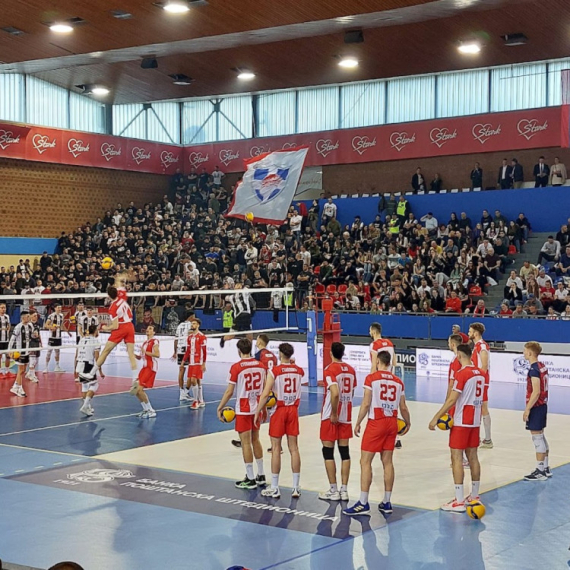
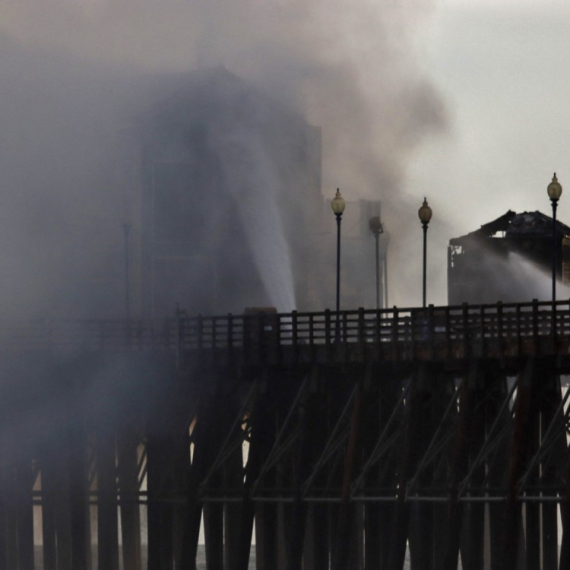

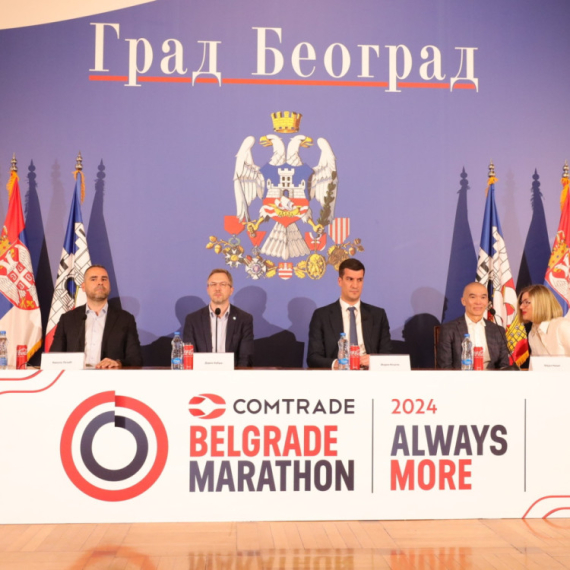

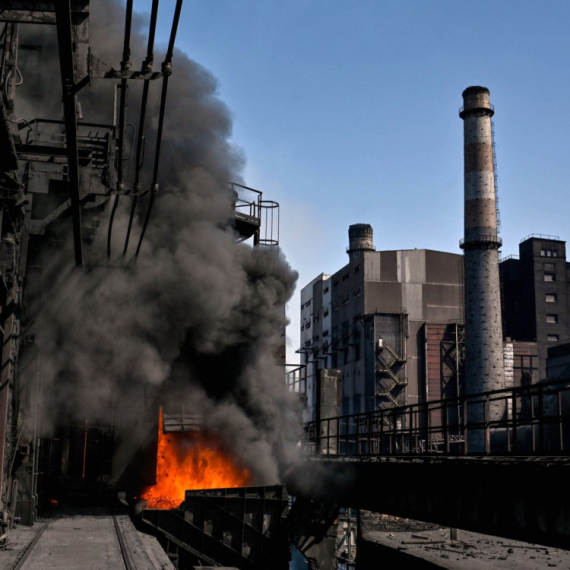
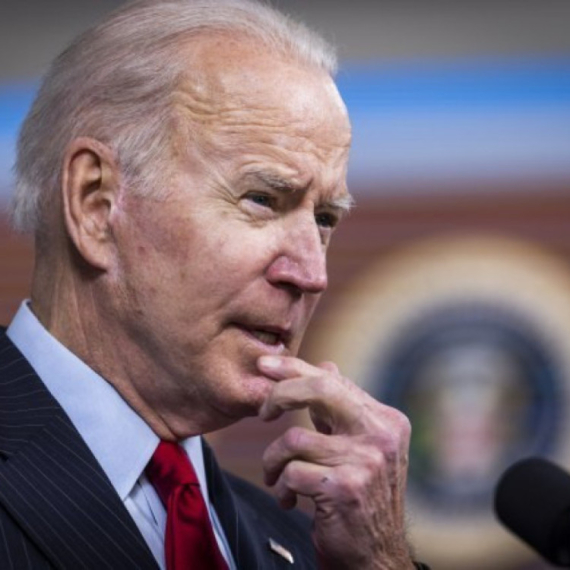
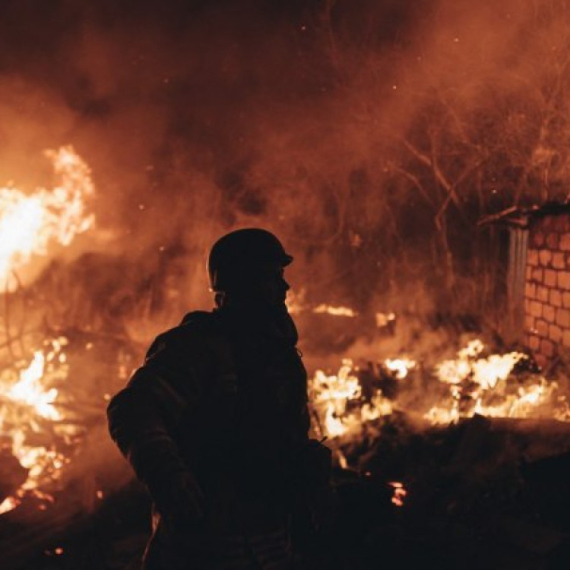
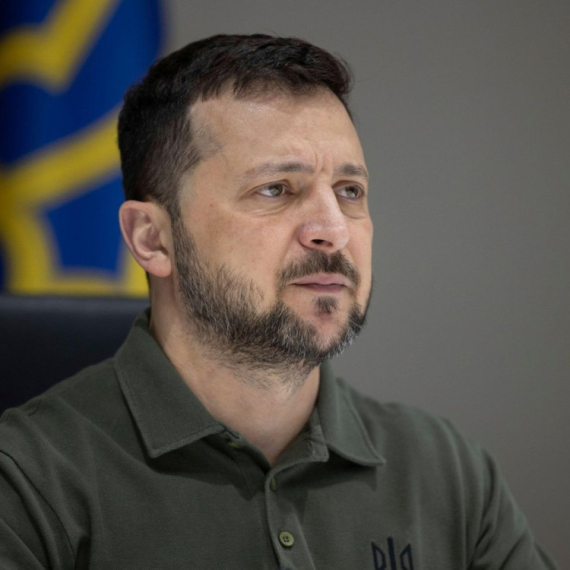




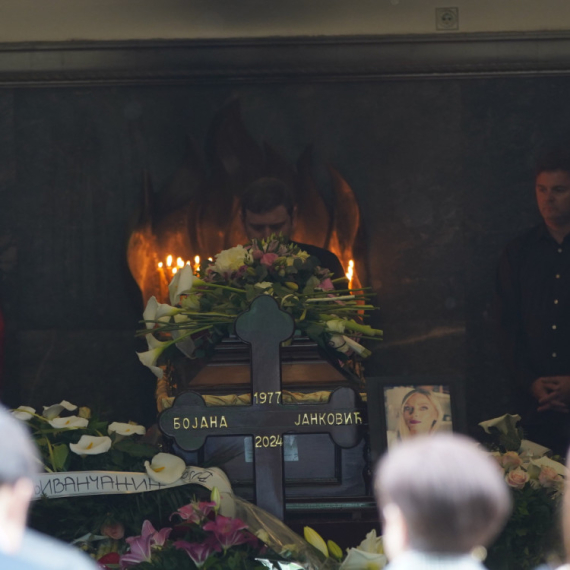



































Komentari 10
Pogledaj komentare